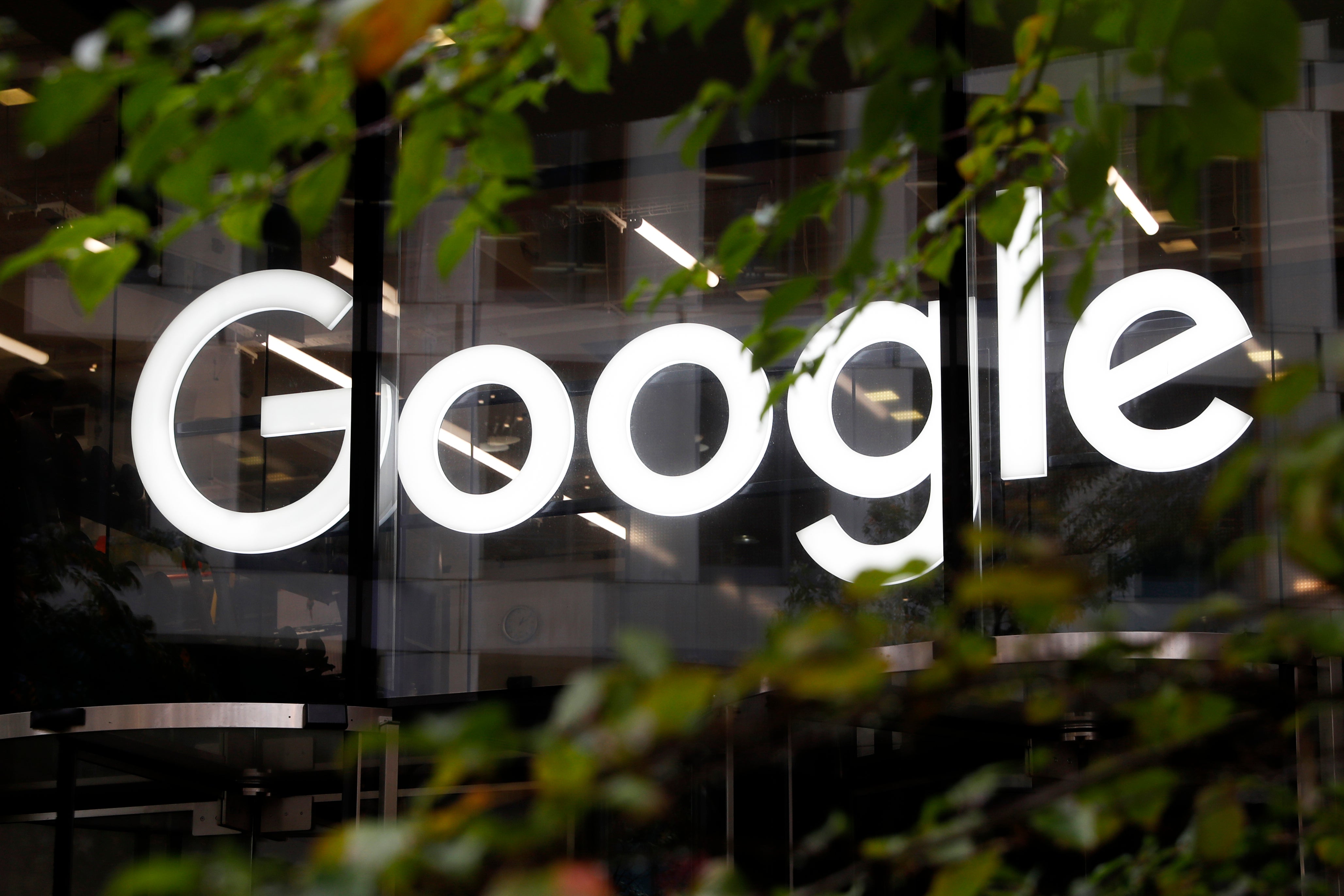Google rolls out AI chatbot Bard to Europe and Brazil and adds more languages
Google says it’s rolling out its AI-powered chatbot Bard across Europe and in Brazil, expanding its availability to hundreds of millions more users

Your support helps us to tell the story
From reproductive rights to climate change to Big Tech, The Independent is on the ground when the story is developing. Whether it's investigating the financials of Elon Musk's pro-Trump PAC or producing our latest documentary, 'The A Word', which shines a light on the American women fighting for reproductive rights, we know how important it is to parse out the facts from the messaging.
At such a critical moment in US history, we need reporters on the ground. Your donation allows us to keep sending journalists to speak to both sides of the story.
The Independent is trusted by Americans across the entire political spectrum. And unlike many other quality news outlets, we choose not to lock Americans out of our reporting and analysis with paywalls. We believe quality journalism should be available to everyone, paid for by those who can afford it.
Your support makes all the difference.Google said Thursday that it's rolling out its AI-powered chatbot Bard across Europe and in Brazil, expanding its availability to hundreds of millions more users.
The company also said it's adding more features to Bard as it scrambles to keep up with rival Microsoft — which uses OpenAI's popular ChatGPT service in its Bing search engine — in the race to develop pivotal artificial intelligence for commercial use.
Google launched Bard in February, but its planned rollout last month in the European Union was delayed as regulators checked whether the service complied with the 27-nation bloc's strict privacy rules.
The company said it has “proactively engaged with experts, policymakers and privacy regulators."
The Irish Data Protection Commission, Google's main EU privacy watchdog, said it sent the internet search giant a detailed list of questions seeking more information.
As a result, Google hit pause and “made a number of changes” ahead of Thursday's European launch, ”in particular increased transparency and changes to controls for users," the watchdog said.
Google detailed the improvements in a blog post, which said Bard can now be used in more than 40 languages, including Arabic, Chinese, German, Hindi and Spanish.
Users can also tailor the tone and style of Bard's replies and ask it to read out responses, which Google said is “helpful if you want to hear the correct pronunciation of a word or listen to a poem or script.”